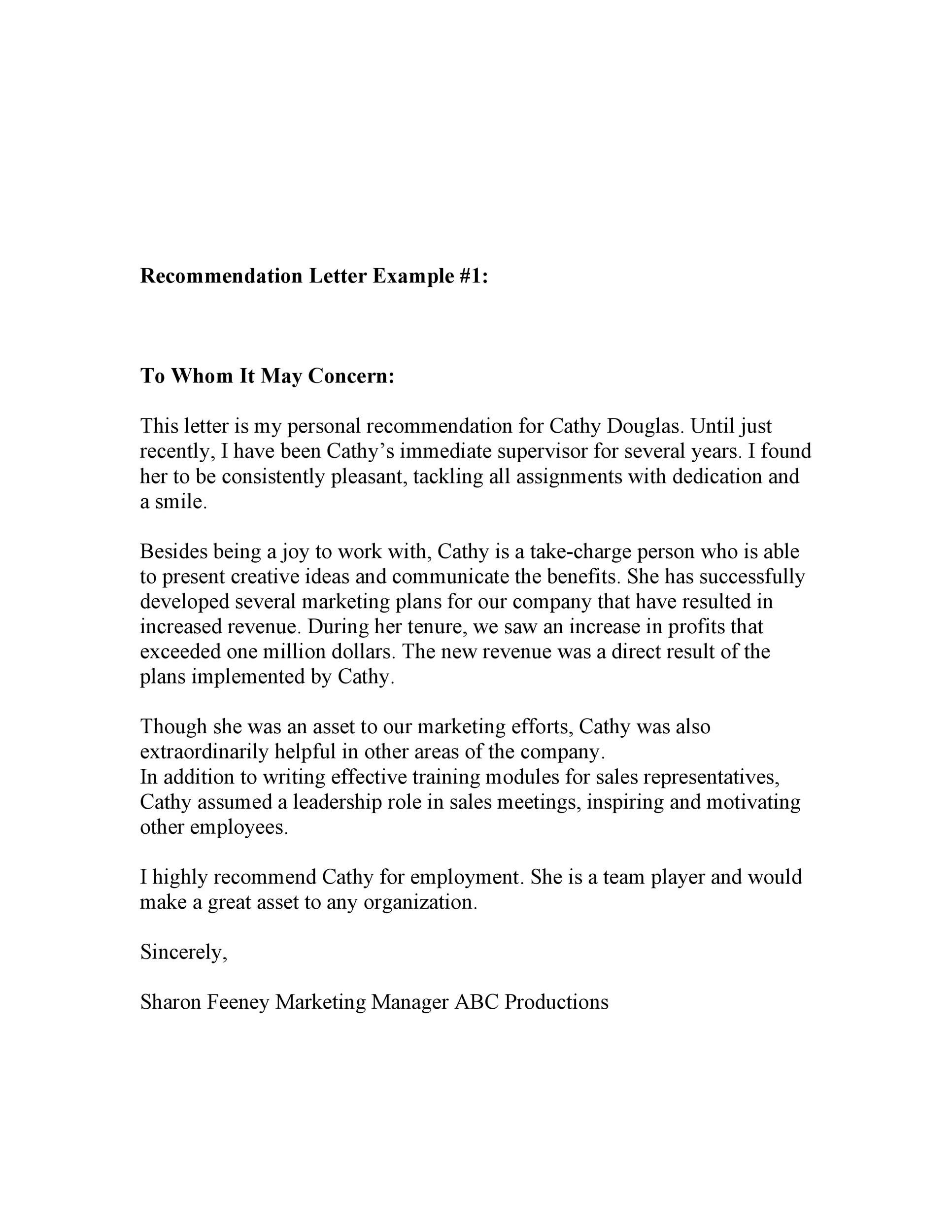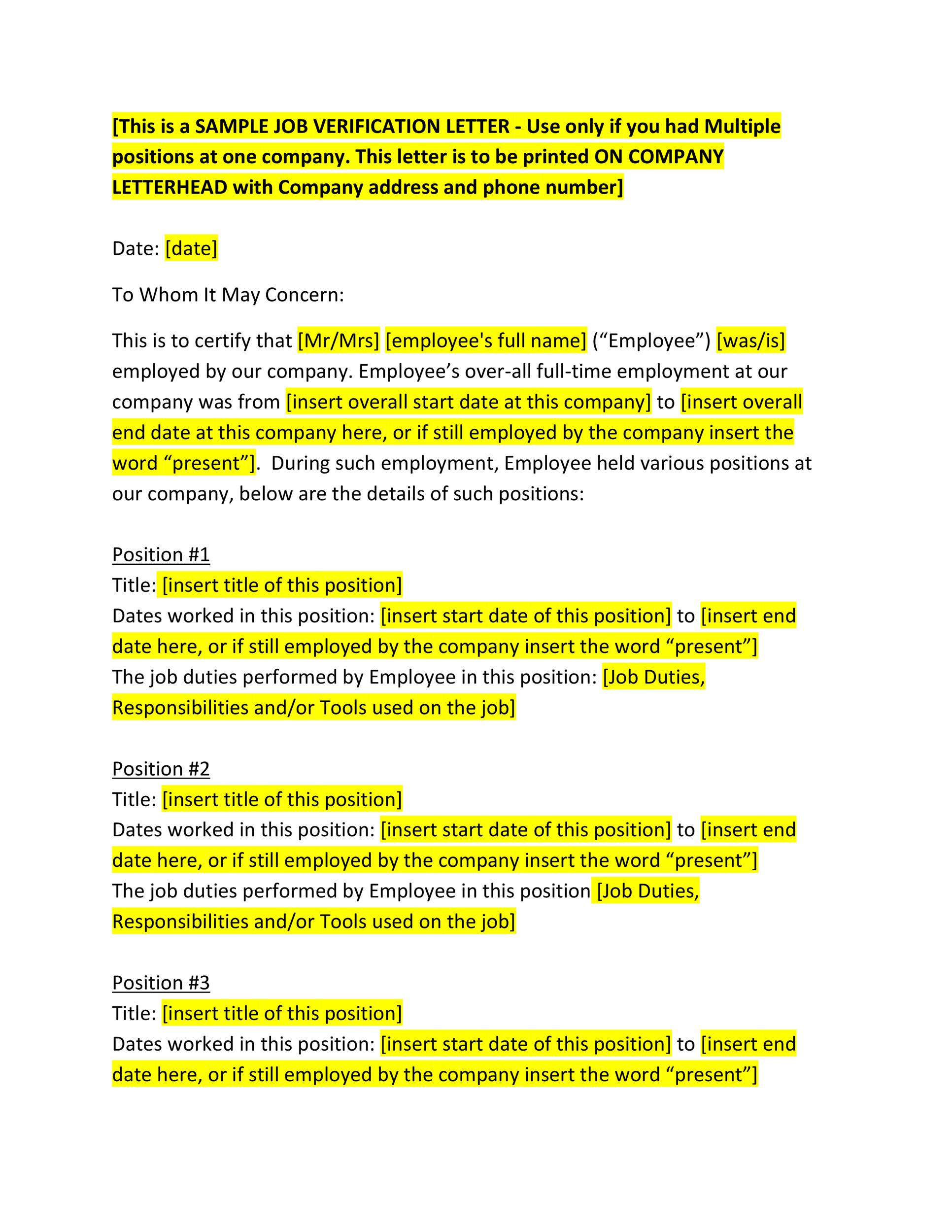To Whom It No Longer Concerns: A Comprehensive Exploration
In today's fast-paced world, communication has evolved, and so has the way we address issues that concern us. The phrase "to whom it no longer concerns" holds a significant place in our interactions, especially when it comes to the dissemination of information and the need for clarity in communication. Understanding its implications can shed light on personal, professional, and societal dynamics that influence our daily lives.
This article delves into the meaning, context, and implications of the phrase "to whom it no longer concerns." We will explore its relevance in various situations, including personal relationships, workplace communications, and wider societal issues. By examining these aspects, we aim to provide a comprehensive understanding that resonates with the principles of expertise, trustworthiness, and authority.
As we navigate this exploration, we will also reflect on the importance of effective communication and the responsibility that comes with sharing information. By the end of this article, you will have a deeper appreciation for the phrase and its significance in today's world.
Read also:Mastering Efficiency With Dewalt Tools The Ultimate Guide
Table of Contents
- 1. Definition of "To Whom It No Longer Concerns"
- 2. Contextual Usage
- 3. Personal Relationships
- 4. Workplace Communication
- 5. Societal Implications
- 6. Responsibility in Communication
- 7. Case Studies
- 8. Conclusion
1. Definition of "To Whom It No Longer Concerns"
The phrase "to whom it no longer concerns" is often used to indicate that a particular issue or topic is no longer relevant or should not concern the person being addressed. It is a way of signaling that the matter at hand is outside the scope of their involvement or responsibility.
This phrase can be used in various contexts, often serving as a mechanism to redirect focus and clarify boundaries. Understanding its definition is crucial for effective communication, as it sets the stage for how we engage with others in both personal and professional settings.
2. Contextual Usage
Context plays a significant role in how the phrase "to whom it no longer concerns" is interpreted. Here are a few scenarios where this phrase might be applicable:
- Personal Relationships: In friendships or family dynamics, it may be used to express that certain issues should no longer affect a specific individual.
- Professional Settings: In the workplace, it can indicate that an employee is not responsible for a particular project or decision.
- Public Discourse: In societal discussions, it may highlight topics that are no longer relevant to a certain group of people.
3. Personal Relationships
In personal relationships, the phrase can serve as a boundary-setting tool. Here’s how it applies:
3.1. Setting Boundaries
Using this phrase can help individuals communicate their limits effectively, ensuring that others understand when a topic or issue is no longer their concern. This is particularly important in maintaining healthy relationships.
3.2. Emotional Impact
When someone feels that an issue is no longer their concern, it can have both positive and negative emotional impacts. On one hand, it can relieve stress; on the other hand, it might lead to feelings of exclusion or abandonment.
Read also:Impressions Vanity Transforming Your Beauty Routine With Style
4. Workplace Communication
In a professional context, clarity in communication is paramount. The phrase "to whom it no longer concerns" can be particularly useful in the following ways:
4.1. Delegation of Responsibilities
In organizations, it's crucial to establish who is responsible for what. This phrase helps clarify roles and responsibilities, allowing for smoother operations.
4.2. Conflict Resolution
Addressing issues that no longer concern certain team members can prevent misunderstandings and conflicts, fostering a more collaborative work environment.
5. Societal Implications
On a broader scale, the phrase reflects societal dynamics and how issues are perceived:
5.1. Public Engagement
In civic discussions, understanding when a matter no longer concerns a group can influence public engagement and activism.
5.2. Social Responsibility
As society evolves, so do the issues that concern us. Recognizing when something is no longer relevant to a demographic can help in addressing current needs more effectively.
6. Responsibility in Communication
Effective communication carries a responsibility. Here’s what you need to know:
6.1. Ethical Considerations
When communicating that something is no longer a concern, it’s essential to consider the feelings and perspectives of others involved.
6.2. Transparency
Being transparent about why a matter is no longer relevant can help build trust and understanding among individuals or within teams.
7. Case Studies
To illustrate the practical application of this concept, let’s examine a few real-world examples:
- Case Study 1: A company restructuring that made certain roles obsolete.
- Case Study 2: A community initiative that shifted focus due to changing demographics.
- Case Study 3: A family discussion regarding past conflicts that no longer hold significance.
8. Conclusion
In summary, the phrase "to whom it no longer concerns" serves as an important tool in communication across various contexts. It helps in setting boundaries, clarifying responsibilities, and ensuring that discussions remain relevant. Understanding its implications fosters better personal relationships, enhances workplace communication, and contributes to healthier societal dynamics.
As you reflect on this phrase, consider how you can apply its principles in your life. Feel free to leave a comment below, share your insights, or explore more articles on our site to enhance your understanding of effective communication.
Thank you for reading, and we hope to see you again soon!
Article Recommendations


